
About Korea
HOME > General Information > About Korea
Host Country, Korea
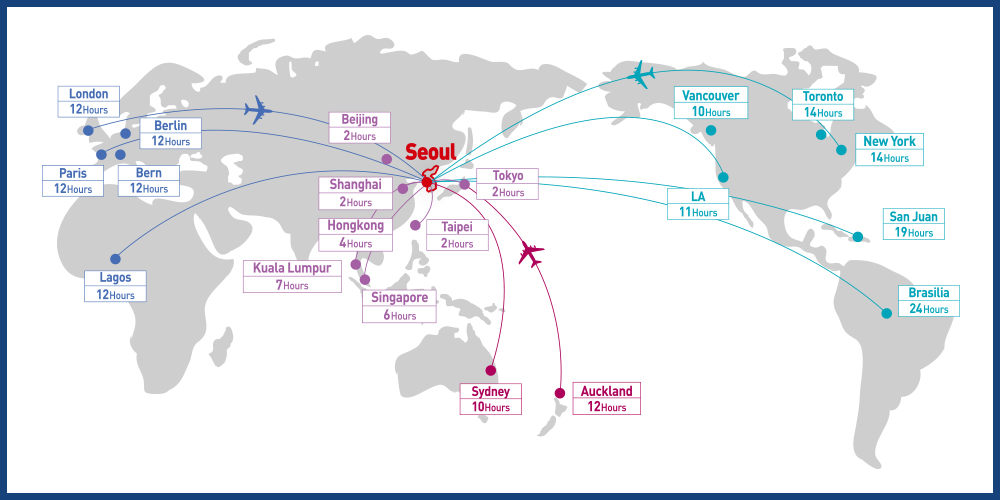
Host City, Seoul
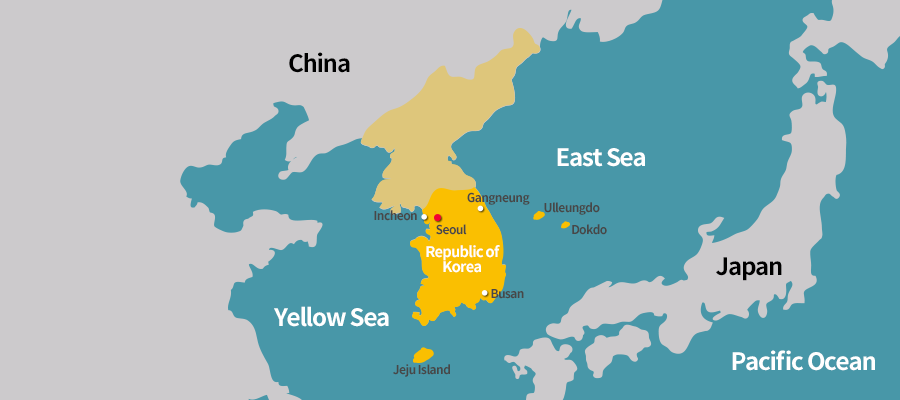
Flight Schedule
Korea has eight cities throughout the nation that has international airport; Incheon, Gimpo, Yangyang, Jeju, Muan, Daegu, Cheongju, Gimhae. The Incheon International Airport is the main gateway to Korea connecting 54 countries and 195 cities around the world. The main airlines are Korean Air(SkyTeam) and Asiana Airlines(A Star Alliance Member). For more information please refer below.
- Korean Airlines
- Asiana Airlines
Weather
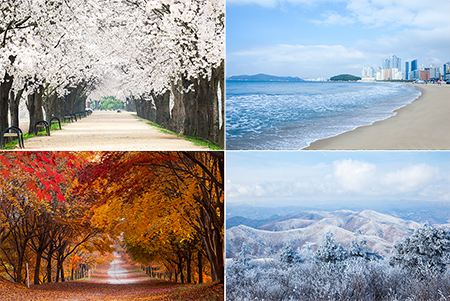
- Korea's climate is regarded as a continental climate from a temperate standpoint and a monsoonal climate from a precipitation standpoint. The climate of Korea is characterized by four distinct seasons: spring, summer, fall, and winter.
In August and September, when the 30th East Asian Insurance Congress (EAIC) will be held, Seoul experiences an average 21ºC(69.8ºF) per day with a high of 26ºC(78.8ºF) and a low of 16ºC(60.8ºF).
Food
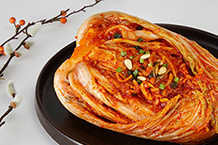
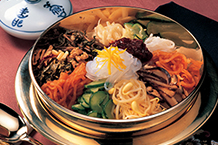
- Hansik refers to traditional Korean food, centered around rice, served alongside a bowl of soup and a variety of side dishes. Most foods use meat and vegetables as the main ingredients, and are soaked in a brine or water rather than fried in oil. Various fermented and preserved food, such as kimchi (fermented spicy cabbage), jeotgal (matured seafood with salt) and doenjang (fermented soy bean paste) are notable for their specific flavor and high nutritional value.
Currency
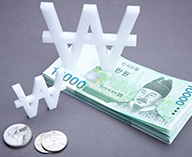 The currency in Korea is the Korean Won (KRW). Foreign currency and travelers’ check can be exchanged at bank and hotels. Most shops accept all major credit cards.
The currency in Korea is the Korean Won (KRW). Foreign currency and travelers’ check can be exchanged at bank and hotels. Most shops accept all major credit cards.Notes: KRW 1,000 / KRW 5,000 / KRW 10,000 / KRW 50,000
Coins: KRW 10 / KRW 50 / KRW 100 / KRW 500
Business Hours
- Banks
Weekdays: 09:00 – 16:00
Weekends and National Holidays: Closed- Post Offices
Weekdays: 09:00 – 18:00
Public Holidays: Closed- Department Stores
10:30 – 20:00
* Randomly one day per month department stores are closed to the public. Closing day varies according to each stores.
Electricity and Voltage
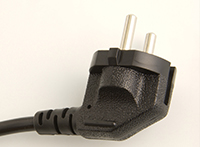
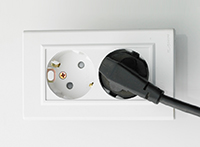
- The standard voltage in Korea is 220 volts (and 60 Hertz, or cycles), and the outlet has two round holes. Multi-voltage travel adapter can be borrowed at hotel's front desk (some hotels may request a minimal fee as deposit, covering for possible loss). If you would like to purchase one in Korea, you can find them at the airport or any of the retail stores, major duty-free shops, convenience stores.





